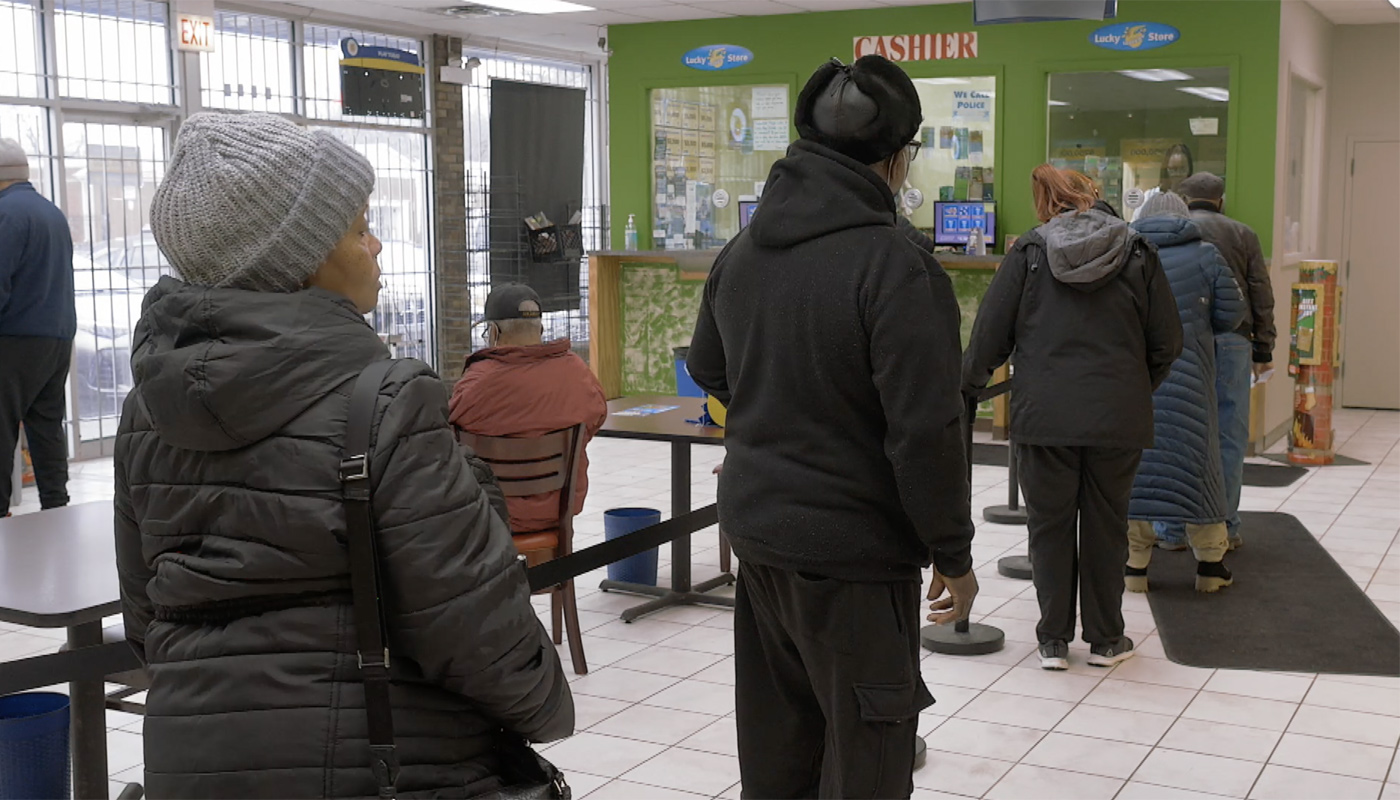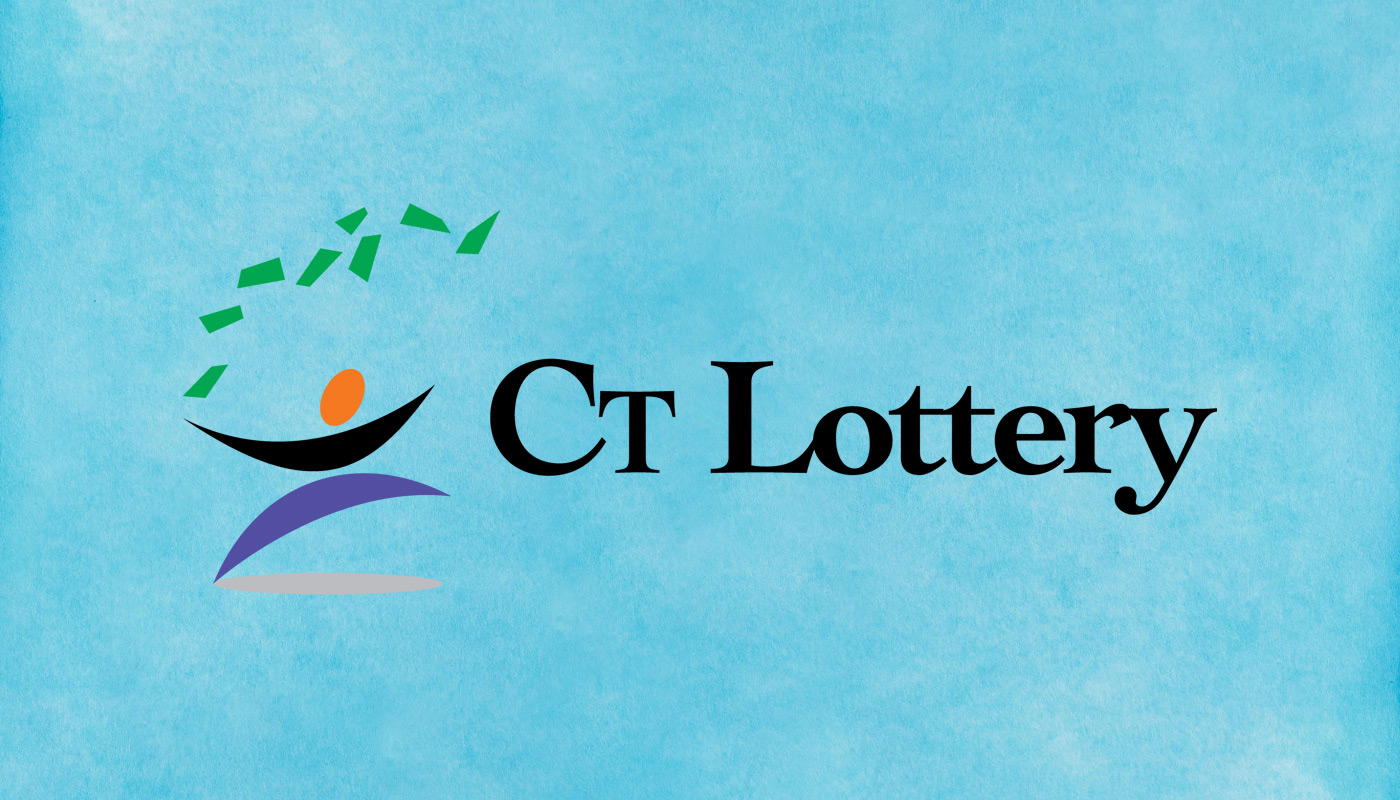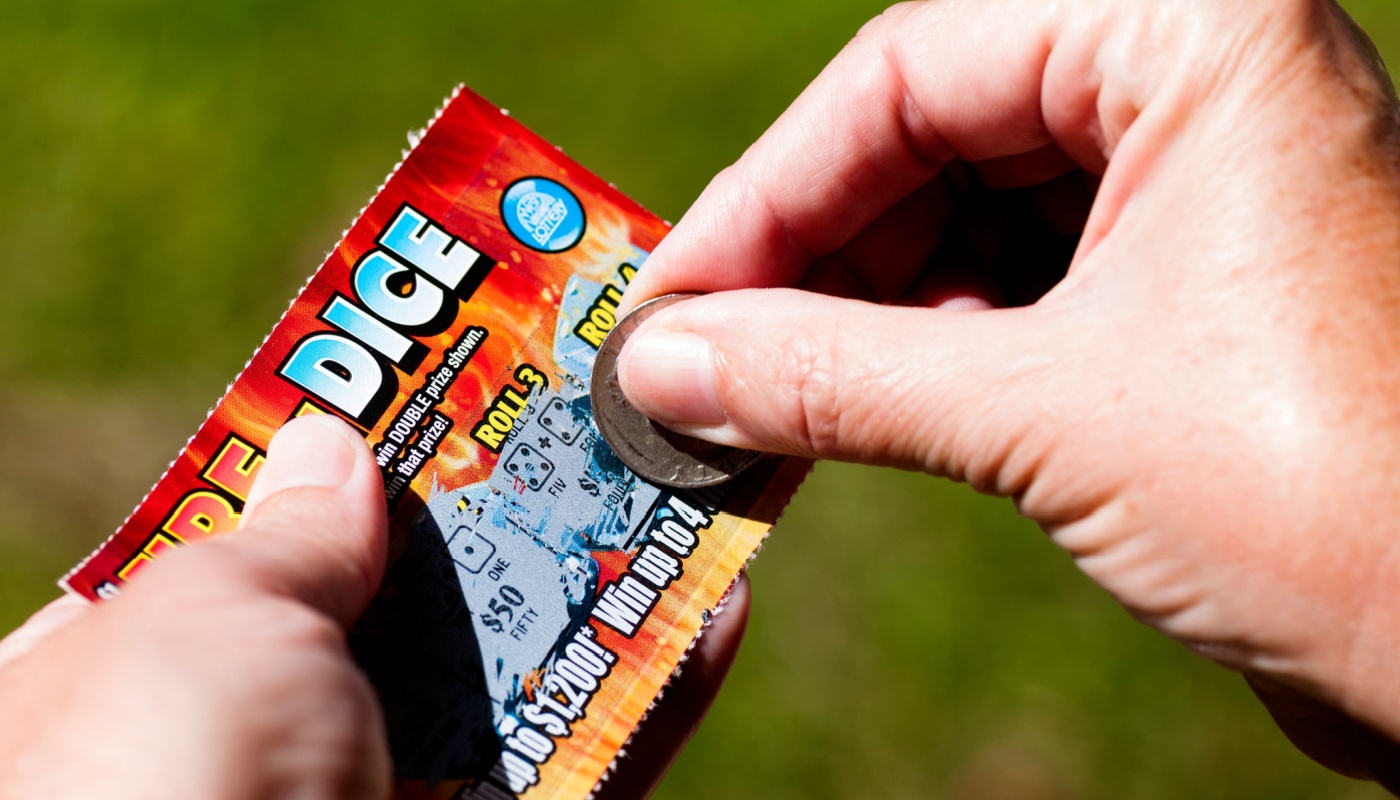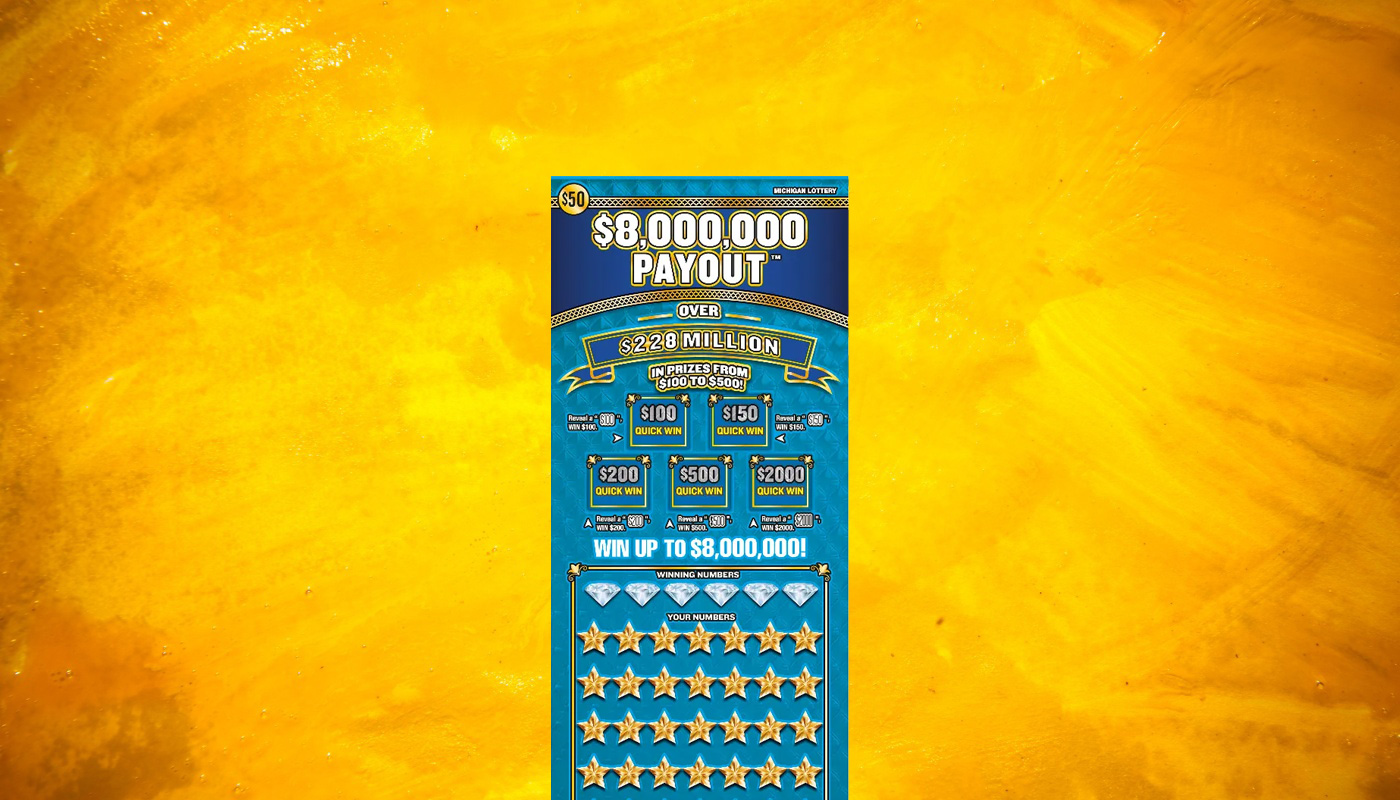
News writer
If you win a jackpot prize on the lottery, once you get over the initial shock and euphoria, there will be certain questions that you need answers to. Some of the most common relate to how to claim your prize, how long you have to claim it when you will receive it, and whether or not you can retain anonymity. Here are the answers.
Should you take the lump sum or the annuity option?
If you are lucky enough to win a Mega Millions or Powerball jackpot, you have the option of having your winnings distributed in one of two ways. You can choose a one-time, cash lump sum, or an annuity payment over 29 years. Deciding which is the best option depends on several factors, including your current financial situation and your plans for the future. Here are some things to consider:
How your winnings are taxed
- Annuity option: If you choose to take the annuity option, after the initial payment, your income taxes will be deferred until you receive each annual payout.
- Cash option: If you choose to receive the one-time, lump sum payment, your federal tax payments will be due as soon as you receive the cash. This may also put you into a higher income bracket for that year, which could potentially triple your tax rate. Depending on where you reside, you may also have to pay state income taxes on your winnings.
The advantages of an annuity
The top benefit of choosing the annuity option is that you have the security of receiving a steady, long-term source of income. This is the best option if you are worried that you might spend your winnings too quickly and go broke if you choose the other option. Even if you die before you have claimed all of your annuity winnings, the annuity will be passed on to your heirs.
Another advantage of the annuity payout is that you can spread your taxes out over a longer period of time. This typically means that you will receive closer to the actual jackpot amount than you would if you took the lump sum payment.
One-time, lump sum payment advantages
The main benefit is that you get a huge lump of cash upfront. This is great if you need a significant amount of liquid capital on hand. For example, if you have a lot of high-interest debts, medical bills, or a large mortgage that you would like to pay off to save money in the long term.
Another benefit is that with a large payout upfront, you can use your cash payout to invest. This is particularly advantageous for younger lottery winners, who will have plenty of time to ride out the market's ups and downs and see their investments accumulate.
How long do you have to claim your lottery jackpot?
One of your wildest dreams has come true; you have won a major lottery jackpot, and your life is about to be changed forever. Along with the excitement, there are also the feelings of being overwhelmed, confused, and stressed over having to make big life decisions. This is why it's a good idea to give yourself some time to talk to legal and financial professionals you can trust to give you advice that is in your best interest.
There is no rush to claim your lottery winnings. No one is going to take it away from you if you're not banging on the door of the lottery headquarters a week after you've won. You've probably spent years dreaming of what you would do if you won the lottery, so now that you've won, you can take a little longer to figure out how best to manage your winnings.
Lottery tickets, like everything else in life, do have an expiration date, but it might be further away than you think. How long you have to collect your winnings will depend on several factors:
- The amount you have won
- The payment method you choose
- The state in which you live
Because lottery rules can vary from state to state, claim periods may be different in different areas and for different games. For example, the shortest time frame for claiming lottery prizes is for winners of instant-win tickets. Ticket expiration dates for Mega Millions and Powerball jackpots typically vary from 90 days to 12 months, depending on the jurisdiction.
For example, in the state of Georgia, you have 180 days after the date of the drawing to claim your winnings from Powerball, Mega Millions, CASH 3, CASH 4, CASH 5, GEORGIA 5, Fantasy 5, Cash Pop, Card Cash, Quick Win, Jumbo Buck Lotto, and Print n Play. You will usually be able to find the expiration date listed on the back of your ticket.
How long does it take to get your lottery jackpot?
Once you're over the shock of winning a big jackpot, you've taken legal and financial advice, and you have all your ducks in a row, you’re ready to claim your prize. But how long does it take to get the money in your hands? Again, this will depend on the amount you win and the state in which you purchased the ticket.
If you win a large Mega Millions or Powerball jackpot, you will have to wait for 15 days from the date of the drawing until the earliest that the jackpot can be paid out. This is because all the revenue from ticket sales needs to be collected in order to pay out the winning prize. However, if you wish, you can still validate your winning ticket during this waiting period. This will not only establish you as the winner, but it will also save you the stress of having to hang on to your precious ticket.
Once all the lottery revenue has been collected, it typically takes around five to ten business days for the prize money to reach your bank account. For some banks, who are not equipped to handle such large transfers, it may take a little longer, but definitely no more than three to four weeks.
Do jackpot winners have to reveal their identities?
Whether or not you can retain your anonymity after winning a lottery prize varies from state to state. These are states in which you do not have to reveal your identity and the stipulations:
- Arizona: The prize must be more than $100,000.
- Arkansas: The prize must be more than $500,000. The winner is only anonymous for three years.
- Delaware: The winner can remain anonymous, whatever the prize.
- Georgia: The prize must be more than $250,000.
- Illinois:The prize must be more than $250,000.
- Kansas: The winner can remain anonymous, whatever the prize.
- Maryland: The winner can remain anonymous, whatever the prize.
- Michigan: The prize must be more than $10,000. This applies to state-run games only.
- Minnesota: The prize must be more than $10,000.
- Mississippi: The winner can remain anonymous, whatever the prize.
- Missouri: The winner can remain anonymous, whatever the prize.
- Montana: The winner can remain anonymous, whatever the prize.
- New Jersey: The winner can remain anonymous, whatever the prize.
- North Dakota: The winner can remain anonymous, whatever the prize.
- South Carolina: The winner can remain anonymous, whatever the prize.
- Texas: The prize must be more than $1 million.
- Virginia: The prize must be more than $10 million.
- West Virginia: The prize must be more than $1 million.
- Wyoming: The winner can remain anonymous, whatever the prize.
Should you have purchased your ticket in a state that does not allow anonymity, there could be a way around having to reveal your identity. You might be able to retain your anonymity by setting up a blind trust.
A blind trust could allow you to appoint a third party to claim the ticket winnings in the name of the trust so that no one needs to know the identity of the winner.
Your lawyer or financial adviser can help you set up a blind trust. There are two types:
- A revocable blind trust: In this case, the trustor (or owner) can change the terms of the trust and/or the trustee.
- A permanent blind trust: In this case, the terms of the trust and the trustee must remain the same.
The advantage is that you can remain anonymous while a trusted party claims and controls your winning while you still reap the financial rewards. The downside is that setting up a blind trust is a complex legal procedure, which can make the process drawn out and expensive.
If you're still waiting on your jackpot lottery win, good luck. If you have already hit the jackpot, take you time to think about your financial situation and your future, and remember to get good legal and financial advice.





















Comments